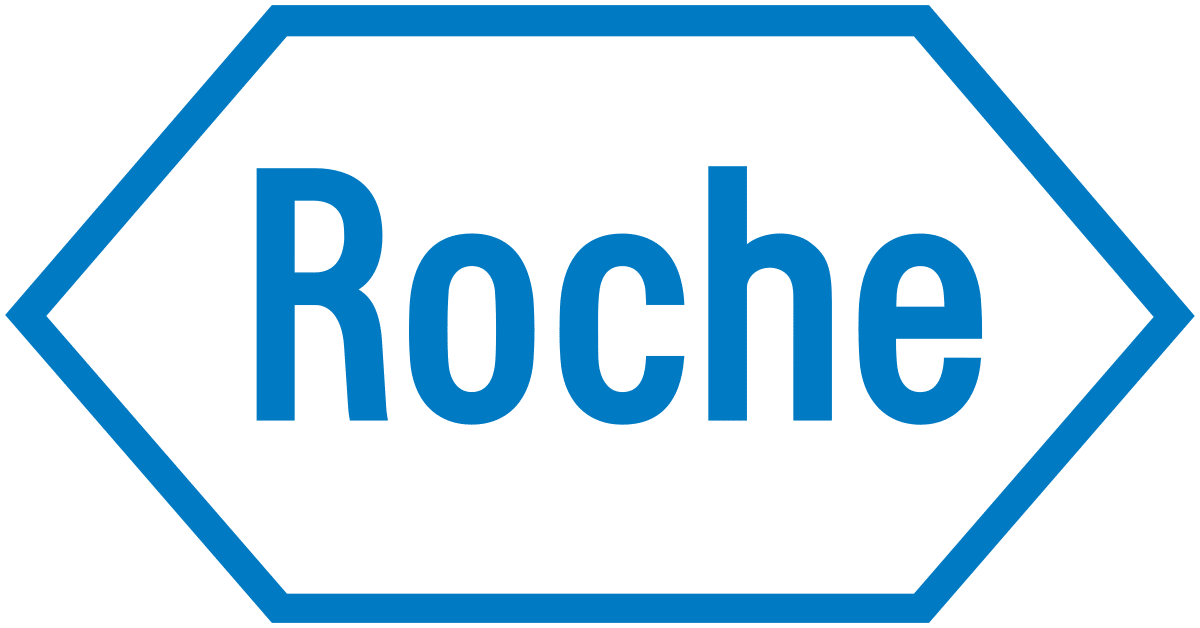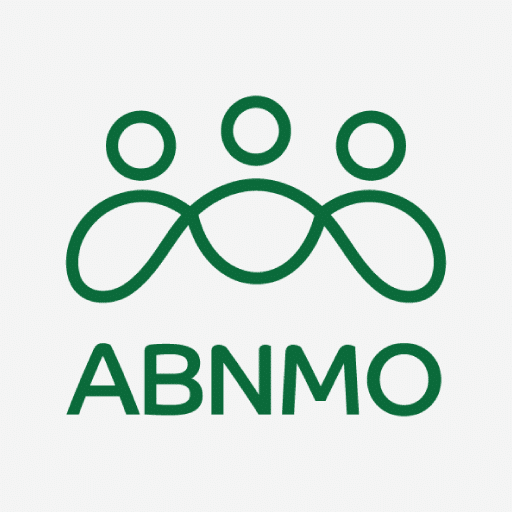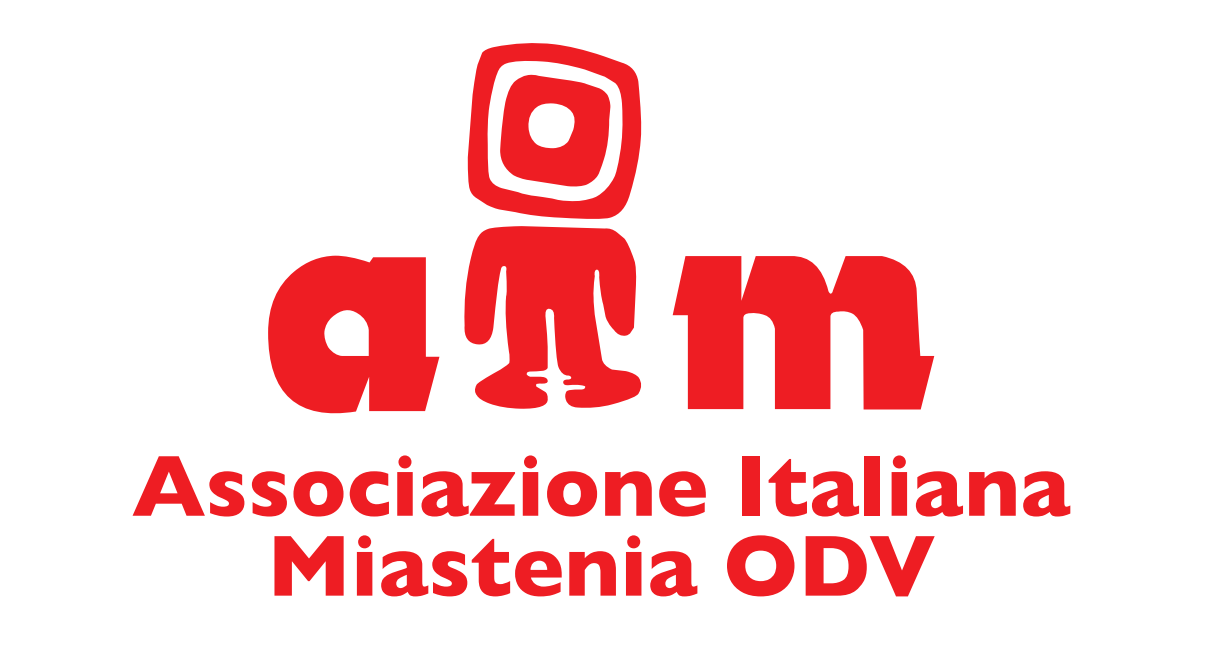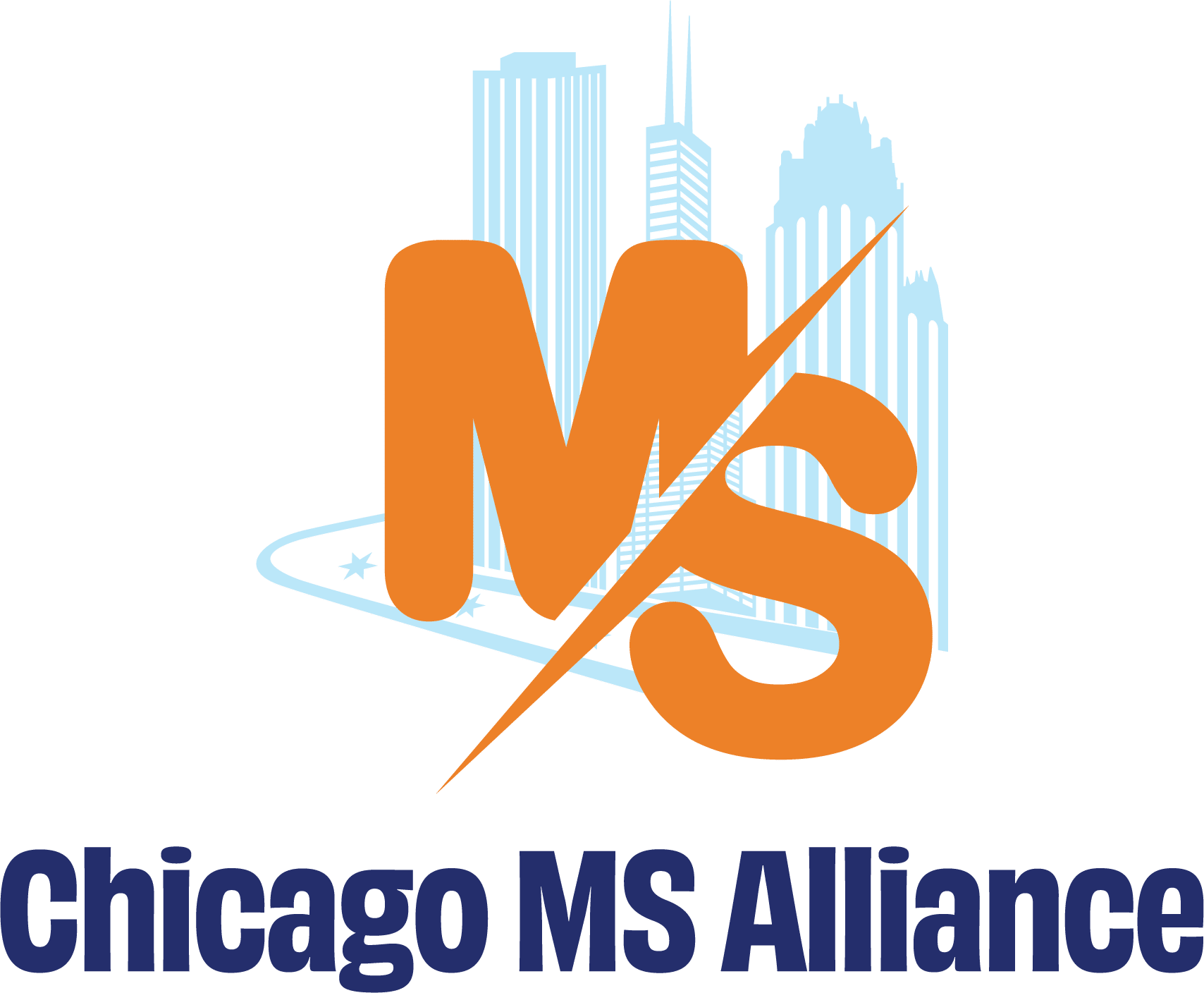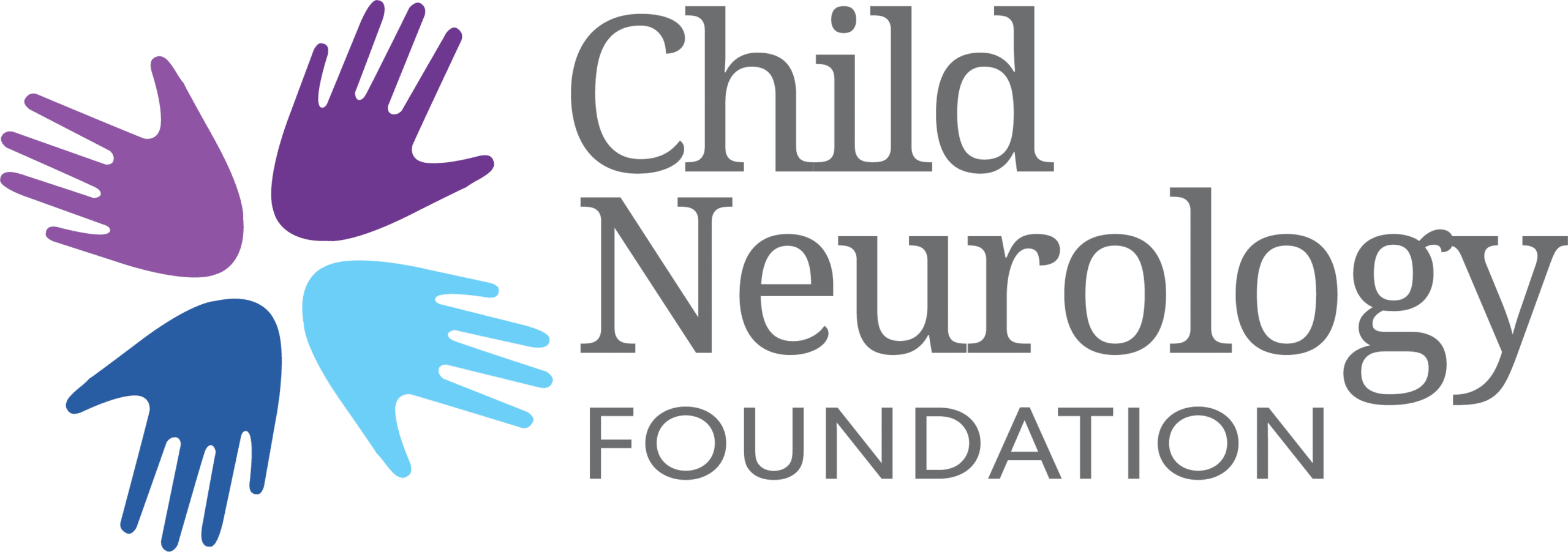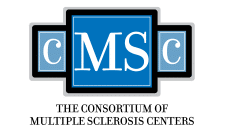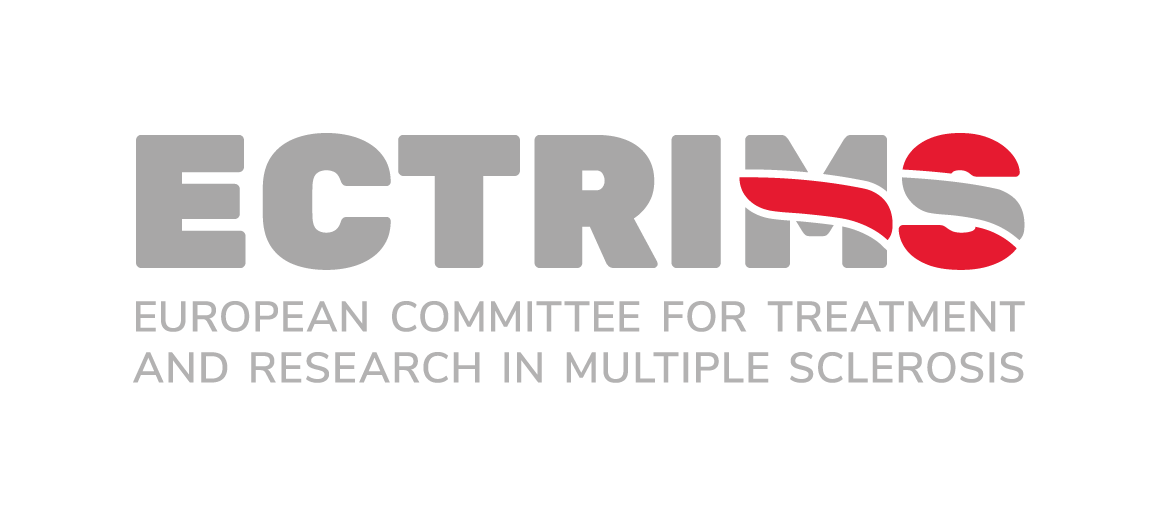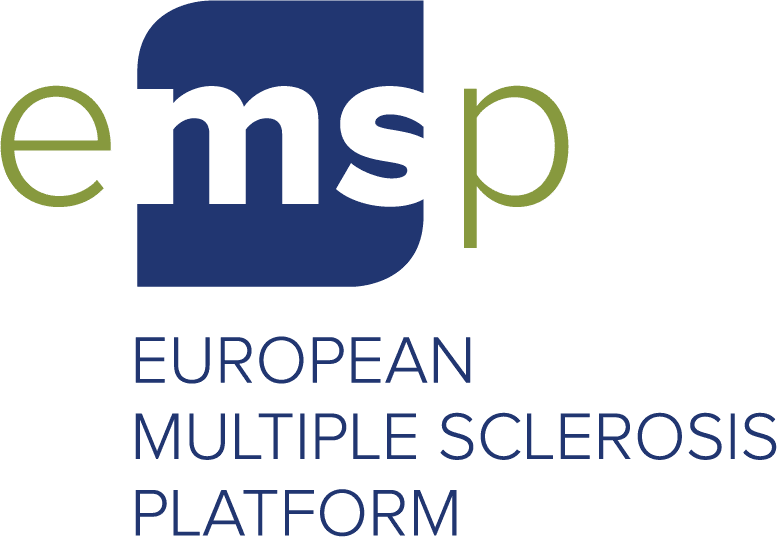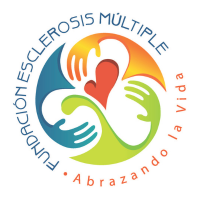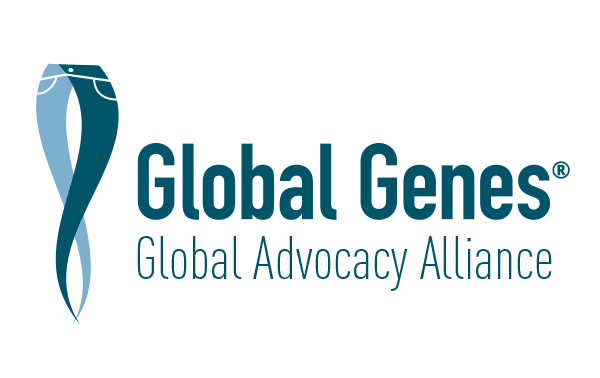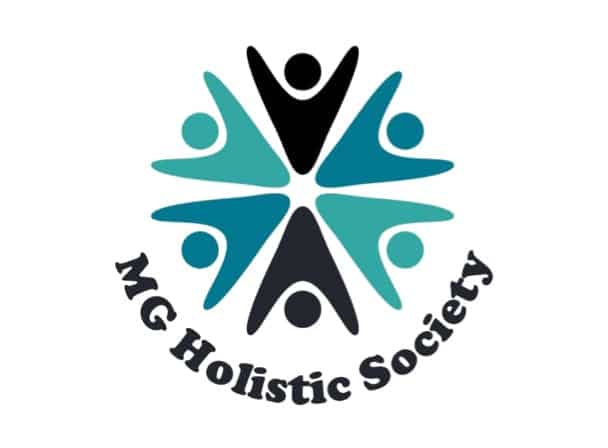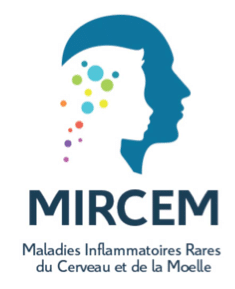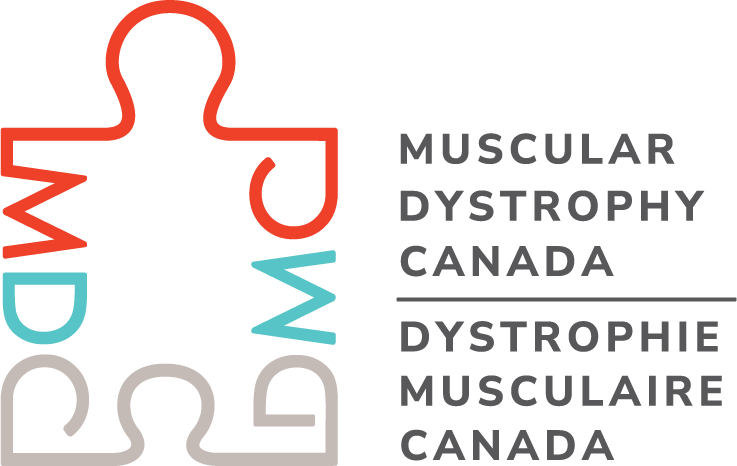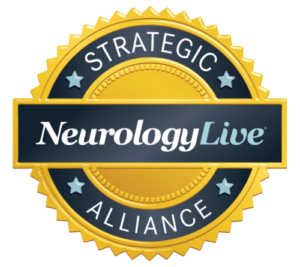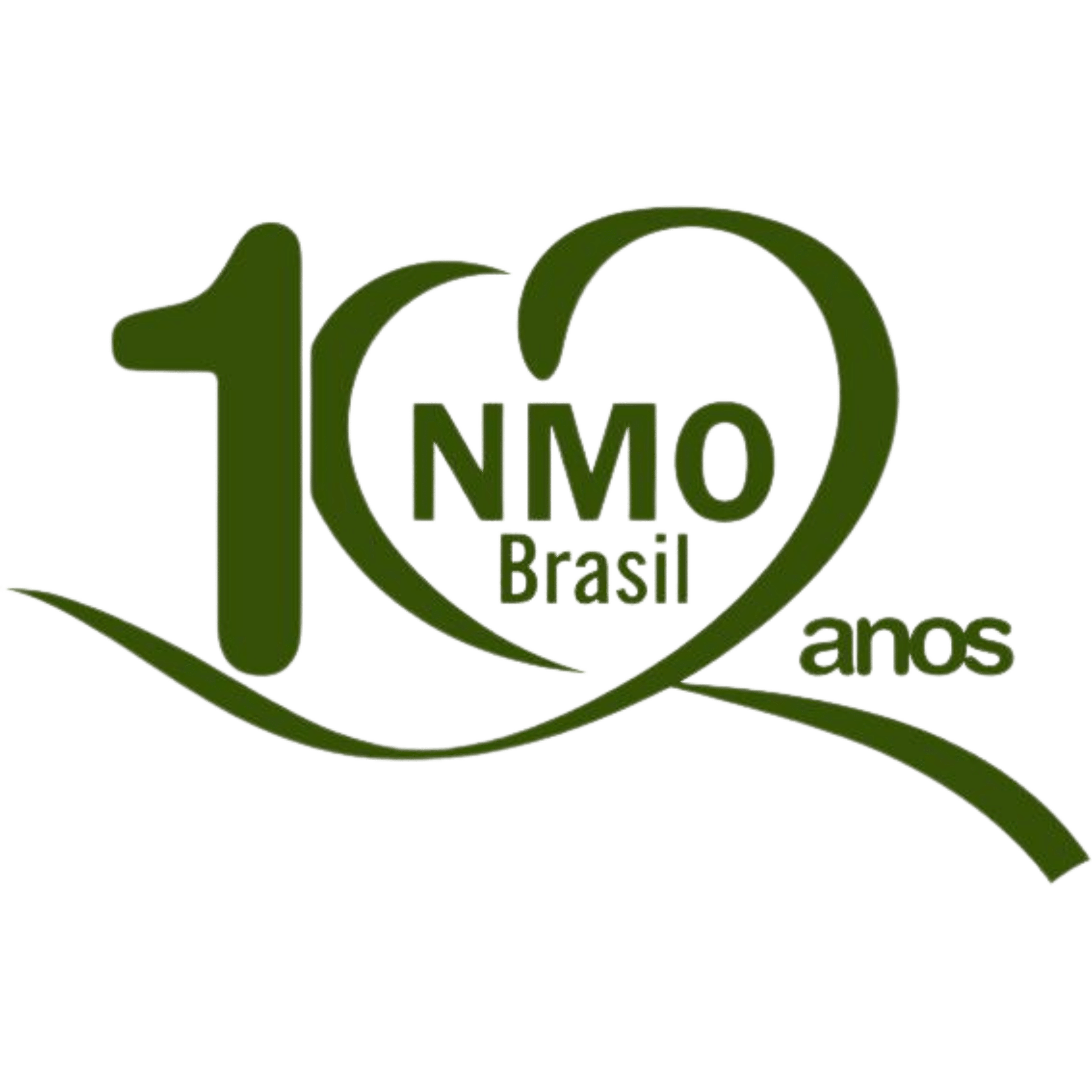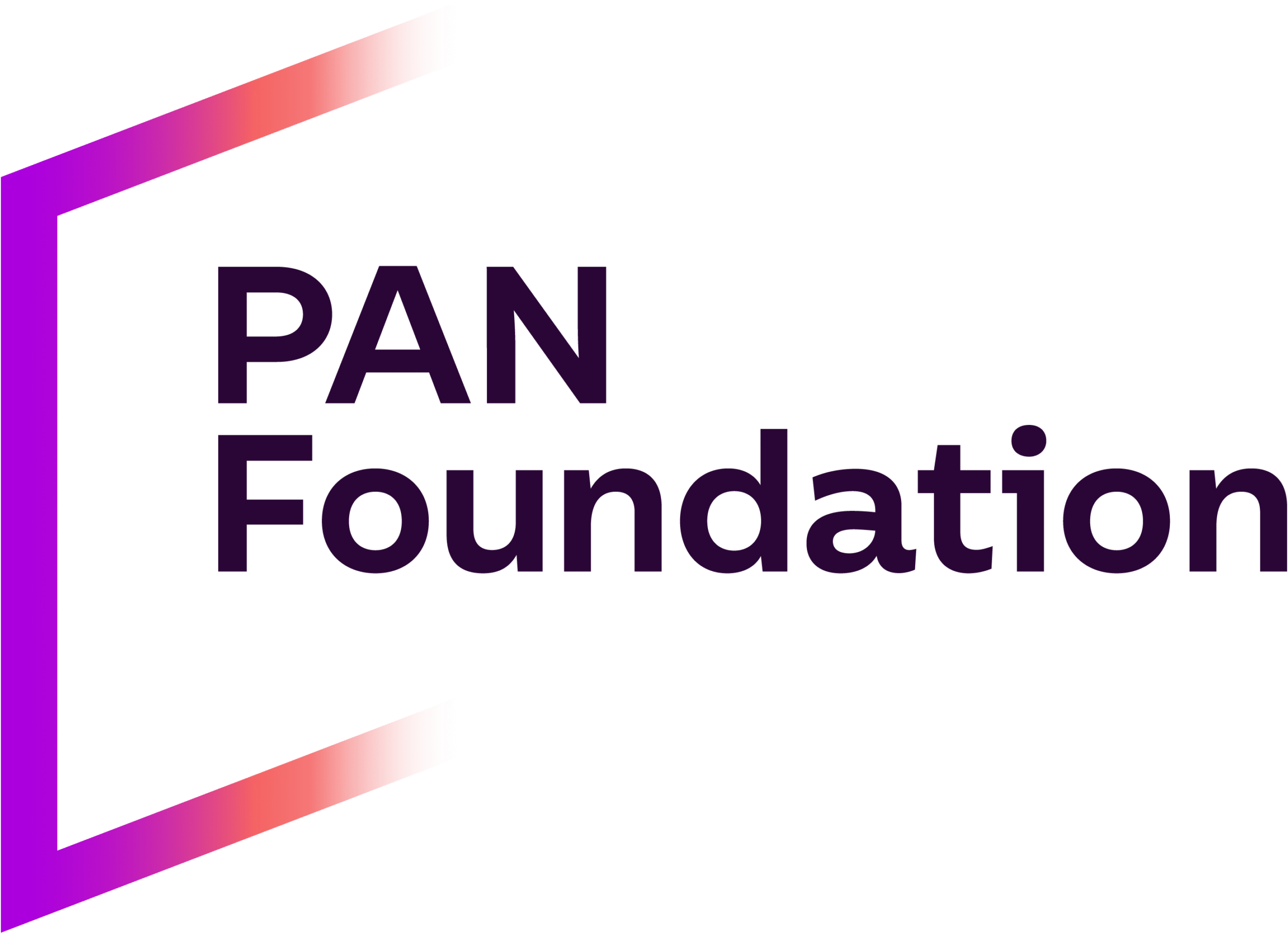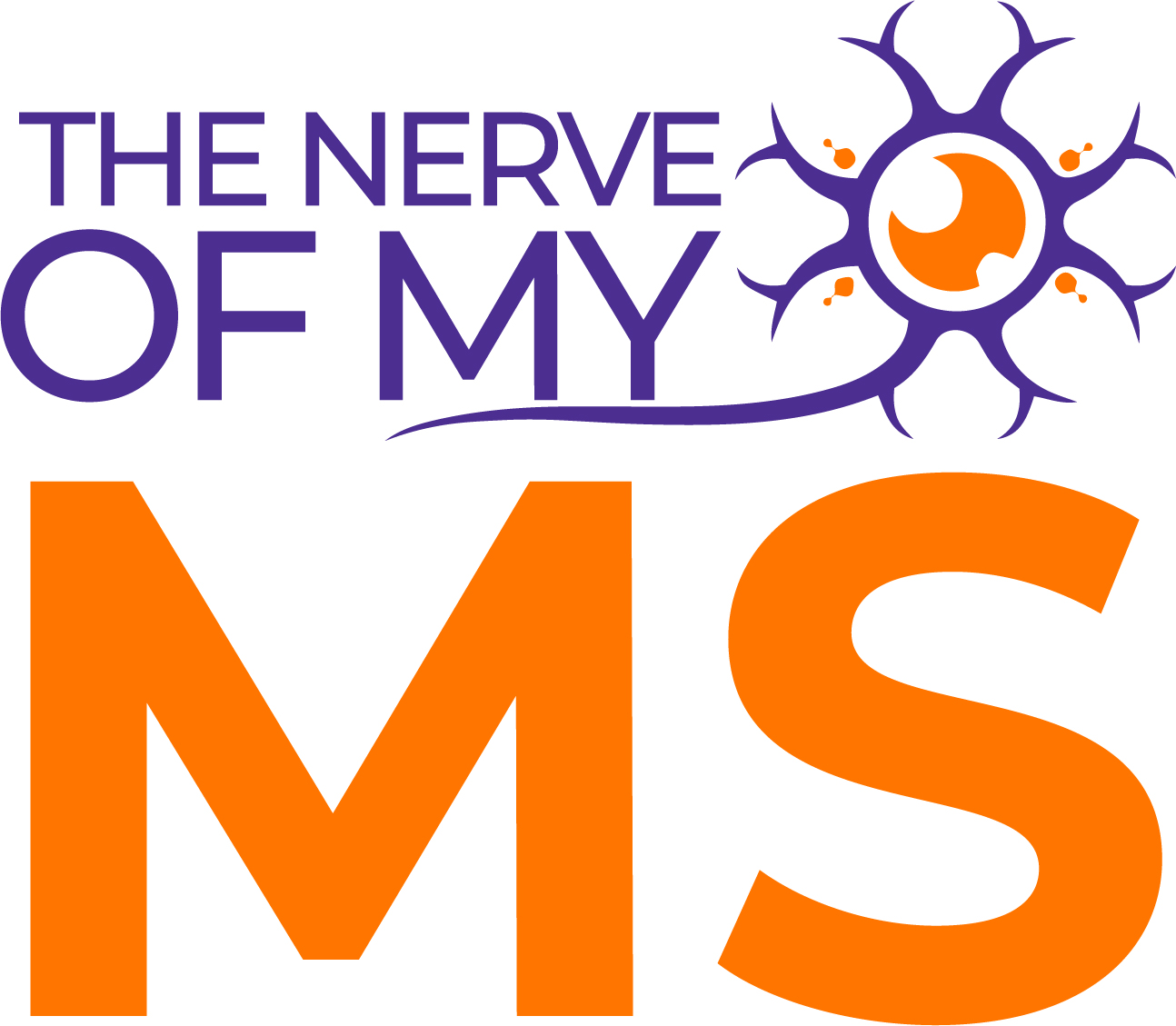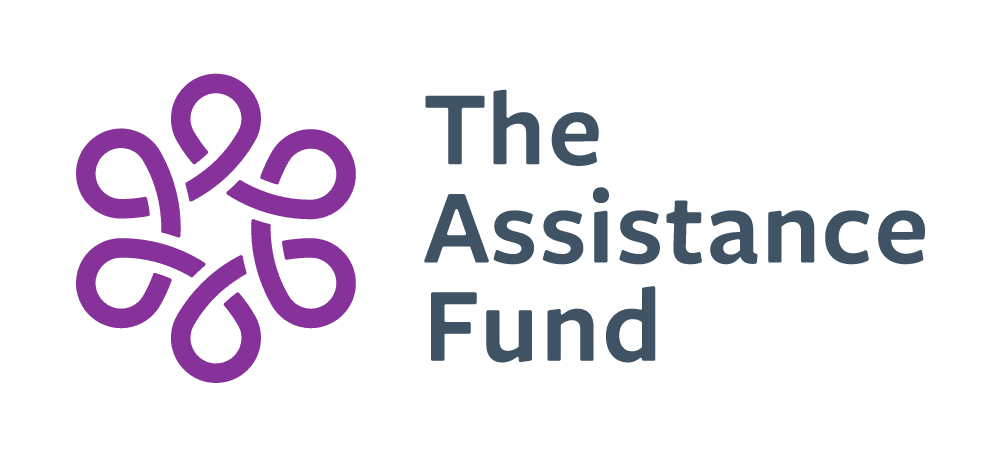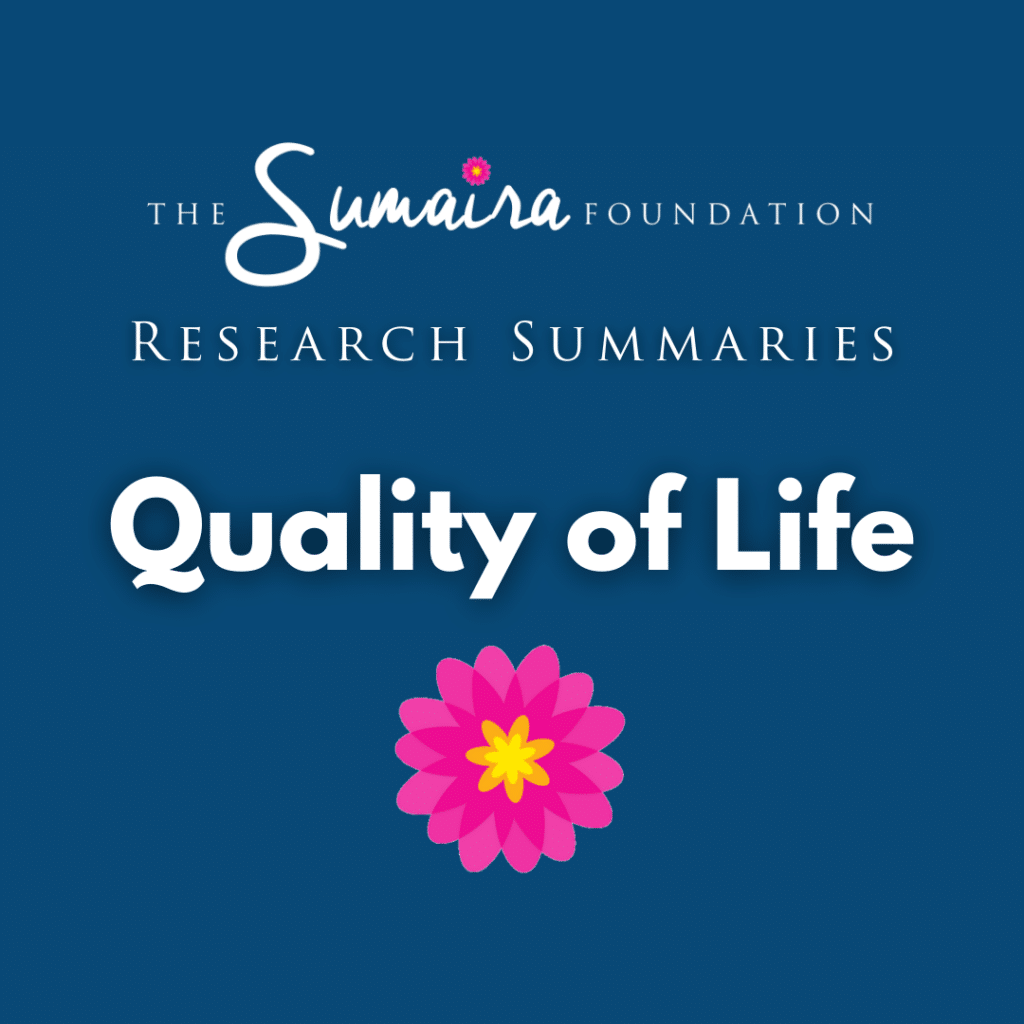
Quality of life in patients with myelin oligodendrocyte glycoprotein antibody associated disease compared to patients with AQP4-IgG positive neuromyelitis optica spectrum disorders: A Korean multicenter study
Journal: Multiple Sclerosis and Related Disorders; November 1, 2024
Author(s): Hyun Ji Lyou, Ha Young Shin, Hye Lim Lee, Young Nam Kwon, Seong-il Oh, Jeeyoung Oh, Eun Bin Cho, Sunyoung Kim, Seol-Hee Baek, Byung-Jo Kim, Eunhee Sohn, Jin Myoung Seok, Ju-Hong Min, Seung Woo Kim, Byoung Joon Kim
Comparing quality of life in NMOSD and MOGAD patients in South Korea
Quality of life in terms of physical and emotional wellbeing has been studied more extensively in NMOSD than in MOGAD. This study aimed to compare quality of life in MOGAD patients and NMOSD patients.
This study evaluated and compared the quality of life of 41 patients with MOGAD and 78 with aquaporin-4-antibody (AQP4-IgG)-positive NMOSD across several hospitals in South Korea. Standard assessments approved by the World Health Organization were used to assess quality of life in various terms, such as how the patients fared physically, socially, and emotionally. In addition, sleep quality, levels of pain, fatigue, and depression were also assessed.
In general, quality of life was similarly affected in both conditions. While pain was more common in patients with NMOSD, those MOGAD patients who experienced pain reported worse physical and emotional quality of life. Almost 50% patients with MOGAD experienced depression, which affected their emotional quality of life.
Even though the disease duration was shorter and the level of disability was less in MOGAD patients than in NMOSD patients in this study, the number of patients experiencing sleep problems, fatigue, and depression was similar for both diseases.
From the results, it seems patients who tested positive for anti-MOG-antibodies had a worse quality of life than those who tested positive for anti-AQP4-antibodies, regardless of other factors like sleep quality, fatigue, depression and pain. This possible correlation needs to be explored further.
Related article: The psychological burden of NMOSD – a mixed method study of patients and caregivers
Free Access: Abstract only








